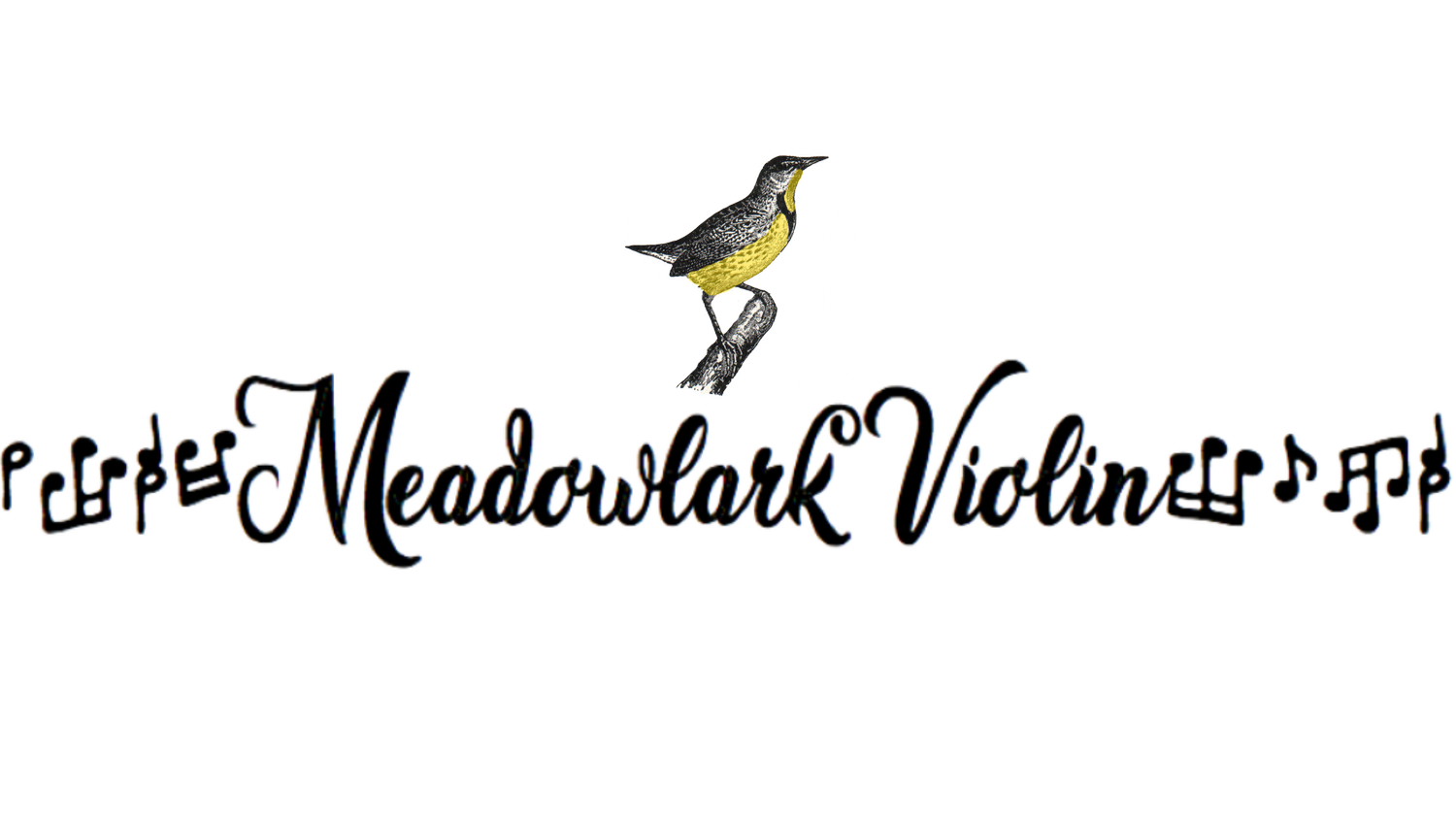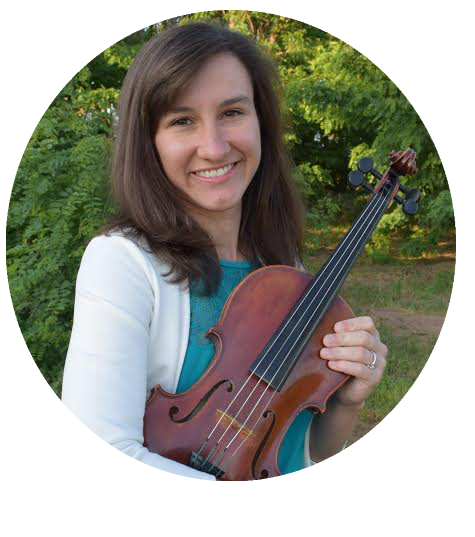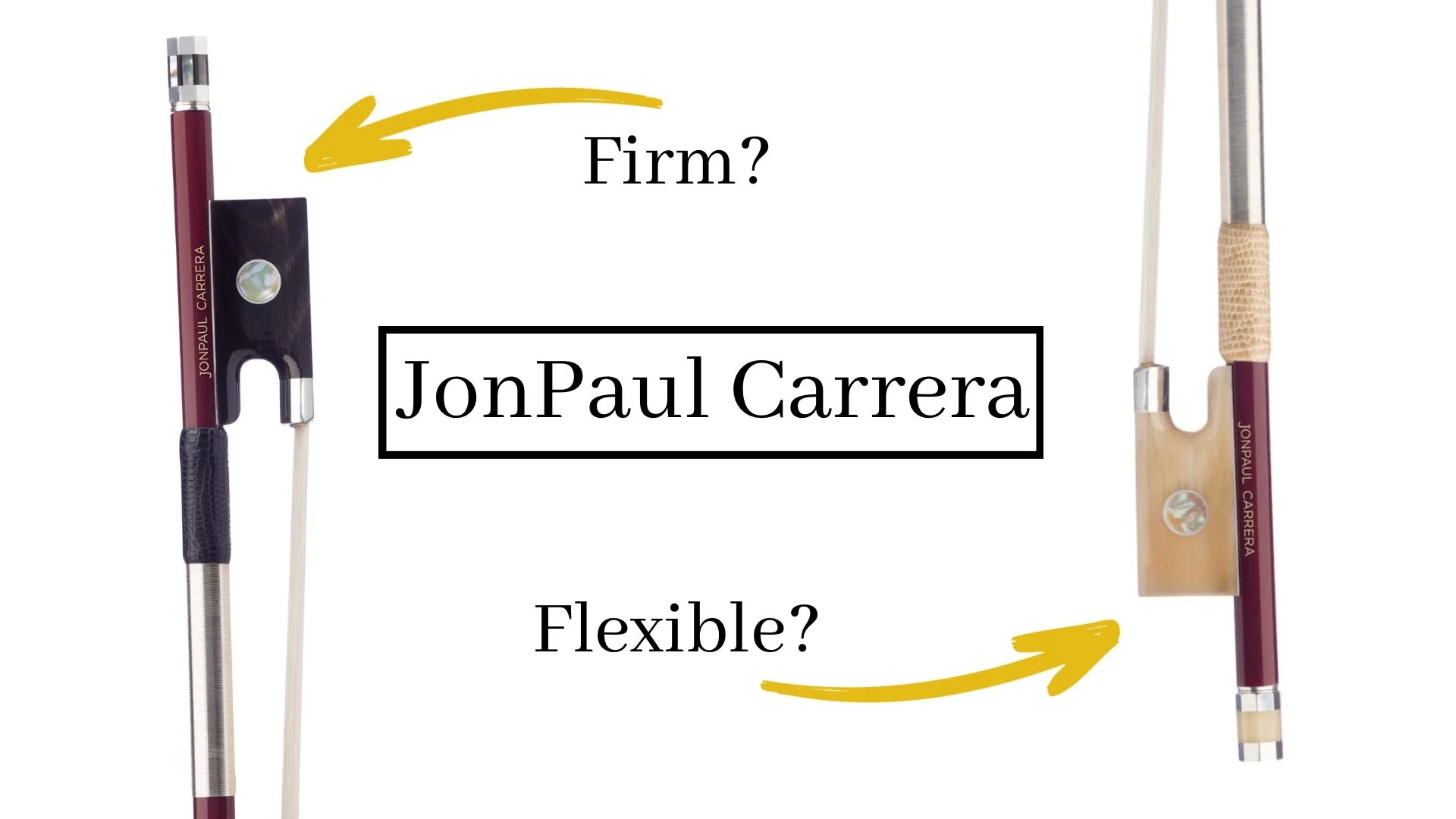Advice For Violinists From Other Violinists
/I asked violinists on a popular violin forum what advice they would give to beginner violinists. I was overwhelmed by the wisdom in each response. These comments are written by violinists of all ages and all levels. I’m not going to lie, it took my YEARS to learn some of these hard lessons and some of them I’m continually reminding myself about. Some advice is technical, some is more about mental approaches or practicing, but it’s all valuable. Taking this advice to heart early on will make a difference not only in your progress, but in how much you actually enjoy playing the violin. Here’s what other violinists said about advice for beginning violinists!
“Get your techniques right or you're going to have to spend double the time in the future unlearning and relearning bad habits.”
Flat wrist, straight bow, curved pinky….yep, all that good stuff.
“Always start practicing slowly and then speed up to tempo once you feel the most comfortable with your piece.”
You’ll notice a key word in some of these comments. It starts with “S” and is the opposite of FAST. Yeah, we’re all guilty of breaking this rule. I don’t have inordinate amounts of time to practice anymore. I fit it in when I can. The other day, I put something in the oven for dinner and grabbed my violin while it was cooking, thinking I would “run-through” some of the pieces I was working on. I tried to play the song as fast as I had a few days prior and you know what, it sounded awful. I had to slap myself on the forehead when I realized I had broken my solemn vow to play SLOWLY. And when I slowed it down, you know what…it sounded good.
“Practice makes permanent, not perfect.”
Whatever you practice, whether it is correct or incorrect, it’s going to stick like super glue.
“Avoid vibrato at all costs to get perfect intonation.”
Yes, vibrato is cool and it’s fun to do and it sounds awesome. Before you start trying to shake your hand to get that sound, focus on the notes being in tune. Vibrato is actually a subtle change in pitch. You’re dipping below the pitch and then coming back up to it. If you are out of tune to begin with, you are probably only making your intonation worse.
“I'm a beginner violinist. What keeps me going is knowing that I will learn at my own pace and not to worry about where I "should" be in my progression.”
I had to remind myself this almost everyday while growing up. I still remind myself to focus on fixing what I can on a day to day basis instead of lamenting over the future or the past.
“Play SLOW!”
I told you, you’ll see this advice a lot!
“Be loose and relaxed in the body, and PLAY CONFIDENTLY (even if you're wrong or it sounds bad)”
I love this advice about playing confidently. It’s something that took me a long time to learn, but when I did it completely changed the way I play and perform. I’ve watched lots or student recitals and one thing always stood out to me. Most students walk up to the music stand like they are headed for public execution. Their performances often reflect that attitude of defeat. And then there were some students who strode up to the music stand like they’d done it a thousand times. Those students still made mistakes, but I guarantee you, no one in the room even noticed because the audience was put to ease by their confidence.
I’m very introverted. But when I perform, I’ve learned to hold my head up high and smile no matter how fast my heart is pounding. Having confidence (even if it’s pretended confidence) helps your playing tremendously.
“As someone who studied psychology, I can say that you shouldn’t think about how good you’re going to be in the future or how bad you are today. Look at every piece and try to improve it. At the end of each day of practice, flip back through your books and realize how much you’ve already learned. That pile of learning will always get bigger and will make you feel better when you’re getting down on yourself.”
This is so important to staying motivated. Form goals you can achieve and focus on what you can do today to sound better.
“You will get frustrated. This is normal. Write down what motivated you to learn the violin and keep it nearby to motivate you when you reach those points.
Frustration hits you no matter how well you play. Learning to deal with it is part of learning the violin. Remember, if it were easy, everyone would do it!
“You’re only as good as how bad you know your scales are.”
I had to laugh when I read this piece of advice. It’s so true . If your scales don't sound good, well, everything else will follow suit…
“Don't be afraid to take a break, step away, and then try something again after clearing your head or thinking through what may be causing the issue. Just practicing the same thing incorrectly over and over will not only build frustration but engrain bad habits.”
Learning to practice correctly is one of the biggest hurdles to overcome when learning the violin—bigger than playing in tune or having a good tone. It will make or break your motivation!
“SLOW DOWN”
Sound familiar?
“Posture, posture, posture! Good posture -> More flexibility -> Better techniques -> Better sound”
Posture is often overlooked, especially when you are thinking so hard about playing in tune and making a decent sound with your bow. Having good posture plays an important role in how relaxed your muscles are, which leads to better playing. There is more that goes into good posture besides standing up straight. Make sure you have a comfortable shoulder rest and a good music stand.
“Metronome and Scales!!”
The building blocks for great technique. My college professor once said that when he only has a few minutes a day to practice, he practices scales.
Remember not to always practice but also just to play the violin!! (My mum used to say to me when I didn't want to practice "then at least play something")
This also made me laugh because I had the exact same experience. Growing up, I never had time to actually enjoy playing the violin. Who had time for THAT when you had pages of scales and etudes to learn, concerti to memorize, orchestra music to work on. My mother always asked why I didn’t play something fun every now and then just to loosen up. It took me almost 15 years to realize she was right. Now I include “fun songs” in my day to day practice—right after scales!
Happy Practicing!







![10 Best Violins for Beginners: A Violin Teacher’s Ultimate Guide [2026]](https://images.squarespace-cdn.com/content/v1/554545e3e4b0325625f33fa6/1600433065588-JQV56M1W9LNI833AVGEE/10+best+violins+for+beginners+2020.jpg)








